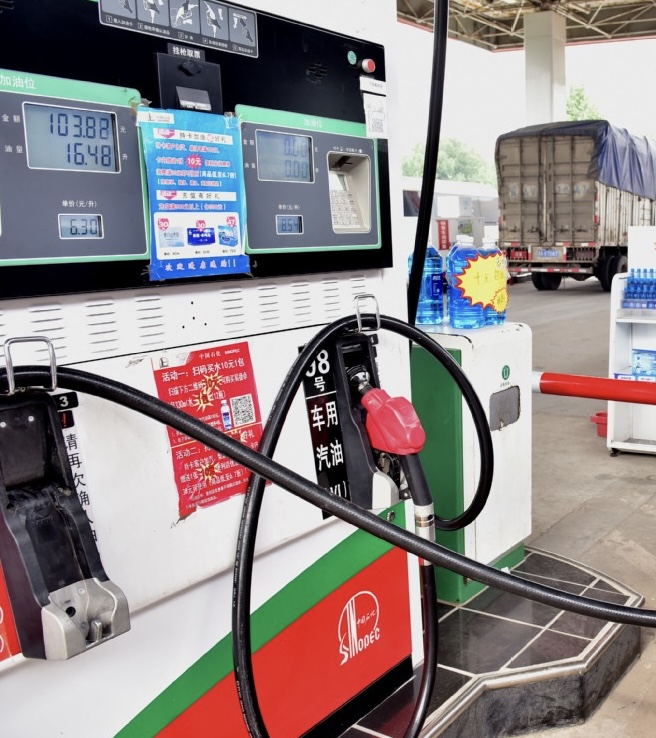China’s gasoline exports experienced a significant decline in July, falling by 35.7% compared to the same period last year, according to data from the General Administration of Customs. This drop comes as Chinese refiners scaled back crude processing and withheld shipments due to shrinking profit margins.
The data revealed that gasoline exports in July stood at 790,000 metric tons, or 5.77 million barrels per day. This represents a steep decrease from the 1.22 million tons exported in July 2023 and 930,000 tons in June 2024.
Refinery Cuts and Weak Export Margins
The primary reason for this sharp decline in exports is the reduction in refinery operations across China. Emma Li, a senior oil analyst for Vortexa, noted that the weak profit margins in the motor fuel market have capped export volumes. Between the second half of June and early July, gasoline export margins were mostly negative, with losses ranging from $3 to $4 per barrel, according to traders familiar with the situation.
In response to these challenges, China’s crude oil throughput from January to July decreased by 1.2%, totaling 419.15 million metric tons. This reduction in processing has led to lower gasoline production and, consequently, fewer exports.
Shifts in Fuel Production Priorities
While gasoline exports have declined, China’s jet fuel exports rose significantly. In July, jet fuel shipments increased by 20.2% year-on-year, reaching 1.76 million tons, up from 1.47 million tons in July of the previous year. This surge is attributed to the recovery of air travel, both domestically and internationally, as the aviation sector rebounds from the global downturn.
Data from Variflight showed a 60% year-on-year increase in international flights in July, with an average of 2,111 daily flights. This recovery in air travel has driven higher demand for jet fuel, which Chinese refineries have prioritized due to its stronger profit margins.
In contrast, diesel exports also saw a significant drop, falling by 41.2% year-on-year to 540,000 tons in July, down from 910,000 tons in the same period last year. Despite some improvement in diesel margins over the last two months, overall production has declined as refineries focus on jet fuel production.
China’s domestic diesel consumption has also weakened, driven by a slowdown in the property and manufacturing sectors and a shift towards liquefied natural gas (LNG) in the trucking industry. This trend is expected to persist in the second half of the year.
Broader Implications for China’s Energy Exports
China’s total exports of refined oil products, including marine fuel, amounted to 4.98 million tons in July, marking a 6% decrease from the 5.31 million tons exported in the same month last year. Meanwhile, LNG imports rose slightly by 1.1% in July, totaling 5.90 million tons, reflecting a stable demand for natural gas amid fluctuations in the refined oil market.
As China continues to navigate the challenges of weakening profit margins and shifts in global demand, the country’s energy export strategy may see further adjustments. The focus on higher-margin products like jet fuel could continue, while gasoline and diesel exports may remain subdued unless margins improve.
Source: Reuters



